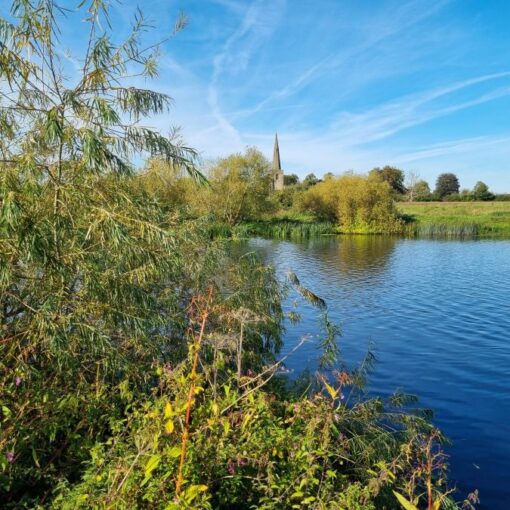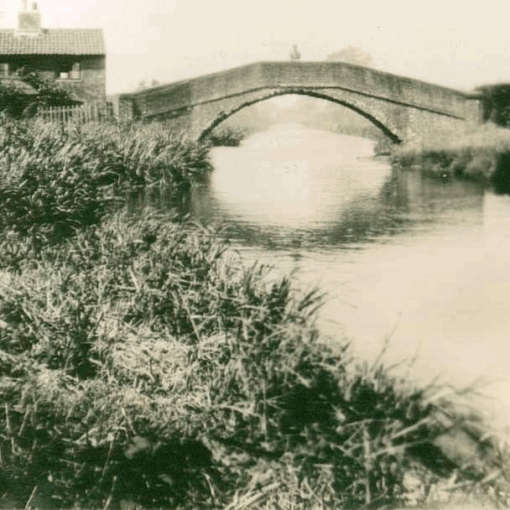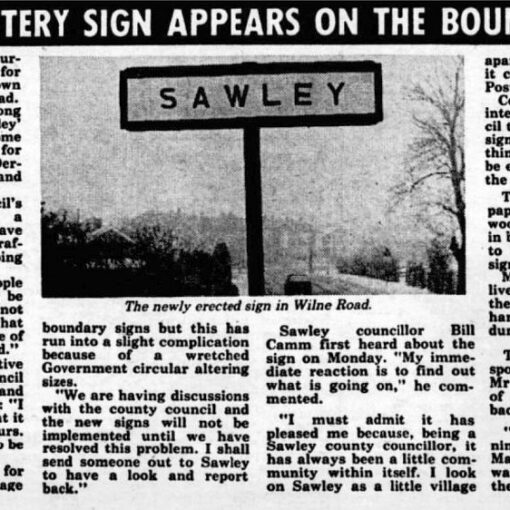For many years the wooden Riverside Café stood at Trent Lock, at the end of the footpath that runs from the back of the ‘Trent Lock’ pub, alongside the triangular pond, nearly opposite the Scout Activity Centre.
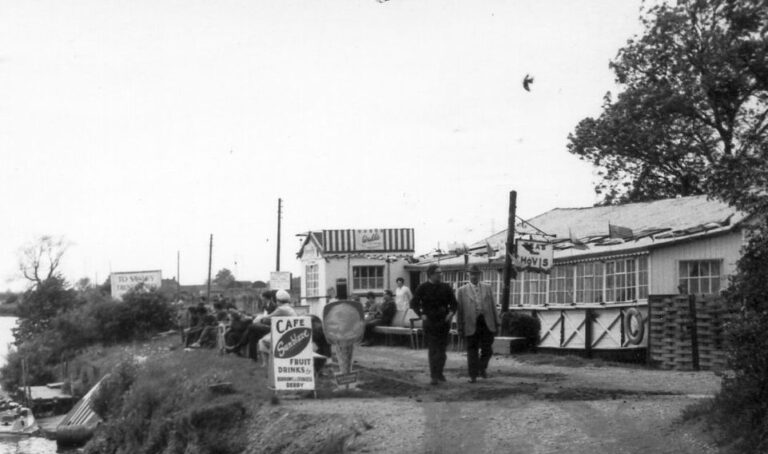
It’s not clear when the Riverside Café was built, but the first café at Trent Lock was opened in 1894 by Jane Rice (1858-1948). Her husband, Thomas Rice, was the ferryman at Trent Lock, whilst Thomas’s father had been running the Erewash Navigation Inn.
Mrs Rice started the business at The Cottage/The White Cottage (perhaps the white cottage behind ‘The Cabin’ next to Trent Villa). In 1895 she moved to the newly built Trent Villa (the large Victorian house just west of the ‘Trent Lock’ pub).
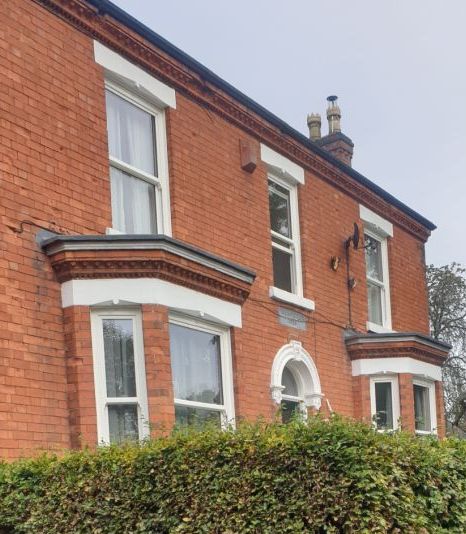
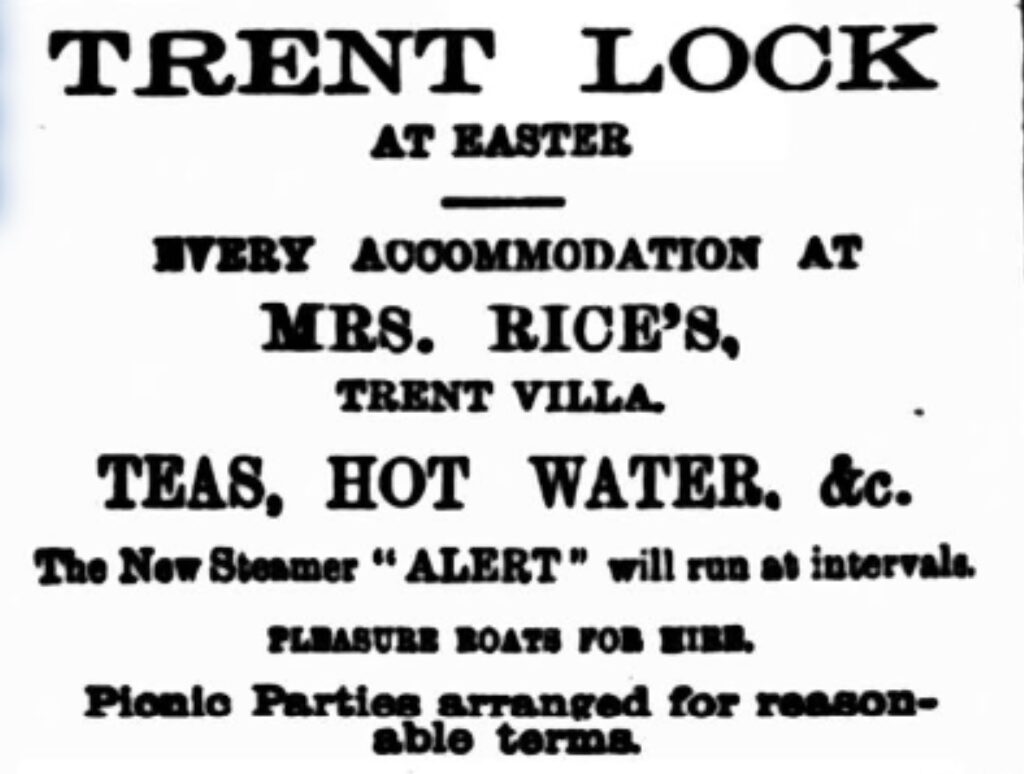
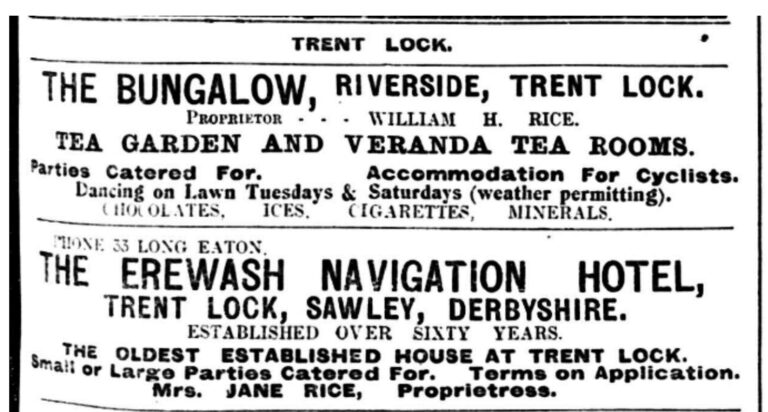
After Thomas Maltby drowned in 1900, Thomas Rice took over the Erewash Navigation, with Jane taking over after Thomas died. At some point the wooden café was built beside the Trent on land rented from John Stevenson Grammar at Great Grounds Farm.
By 1921 Jane’s son William Henry Rice was running a cafe at ‘The Bungalow, Riverside’, having previously worked for the River section of the Nottingham Fire Brigade. His brother, Tom Rice (1885-1970) seems to have run the café for a while. The painted sign advertising his business on the side wall of Trent Villa is just about still readable (see photo).
Tom Rice lived at ‘The Cottage’ until it was condemned by the council in 1939. He later lived on a houseboat on the canal and was the Trent Lock ferryman for many years. William Henry Rice retired to Wallesey (near Liverpool).
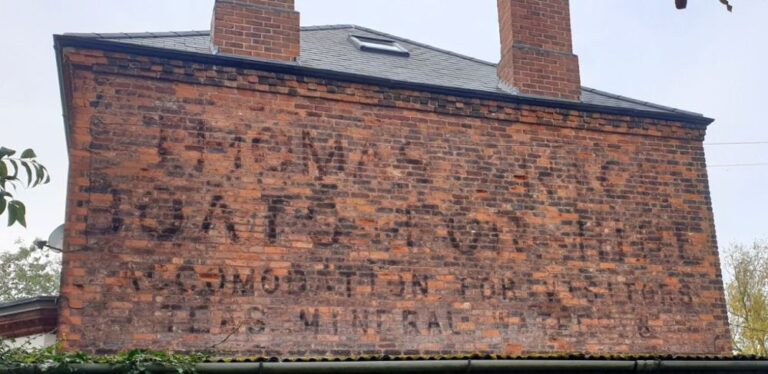
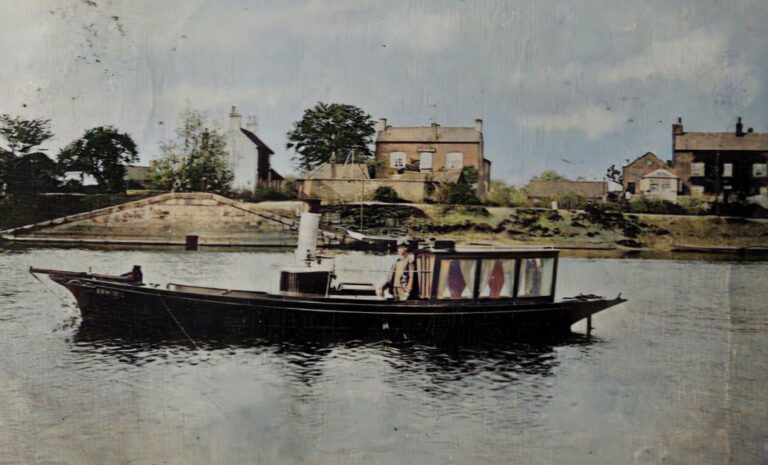
By the time Jane died in 1948, William Henry Rice was running the Erewash Navigation and another brother, Joseph Alfred Rice, was at The Bungalow. The Rice family seemed to have shuffled around Trent Lock again at this point and the café was sold/rented to Francis Bloore.
In 1949 Francis Bloore started a ferry service from Long Eaton to the Riverside Café Trent Lock using three motor boats. The service ran from Ball’s Wharf (the coal wharf, where the Erewash Canal bends away from Tamworth Road, opposite Friar Street). It also stopped at the Tamworth Road bridge.
Two years later, 12 boys from Tamworth Road County School (Long Eaton Grammar School) their geography master, Mr Marshall, and a captain, sailed one of Bloore’s boats to London and back during the Festival of Britain. The original idea was to use two converted army pontoons, but instead they took the cabin cruiser ‘Golden Dawn’. The boys were Rex Beers, Michael Buxton, Maurice Caine, Michael Deacon, Arthur Fish, David King, Robert Pope, Brian Purdy, Neville Sharp, John Tabor, Donald Townsend and Paul Tutcher.
Francis Bloore died whilst the school group was away. Eva seems to have carried on, and in the early 1950s boat rallies, competitions and canoe regattas were held on the Trent by the café. In 1955 Eva re-married and put the café up for sale
It was taken over by Derek Johnson. He continued to hire rowing boats and canoes and served breakfasts, lunches, teas and dinner until 10pm every day. He also ran skiffle sessions on Sunday afternoons, featuring the ‘Riverside Skiffle Group’.
By 1959 Eric W Jackson was running the café. Alfred Wynch also lived at The Bungalow. As well as hiring rowing boats he ran motorboat trips at weekends and evenings, with children’s roundabouts on the grass near the café.
Around 1969 Vera Woodward took over. In 1971 she was refused the license for the Fisherman’s Rest, perhaps because of her husband’s criminal record.
The Riverside Café continued to serve teas and ice creams through the 1970s, though without boat hire or other events. The building was eventually destroyed by fire around 2000.


